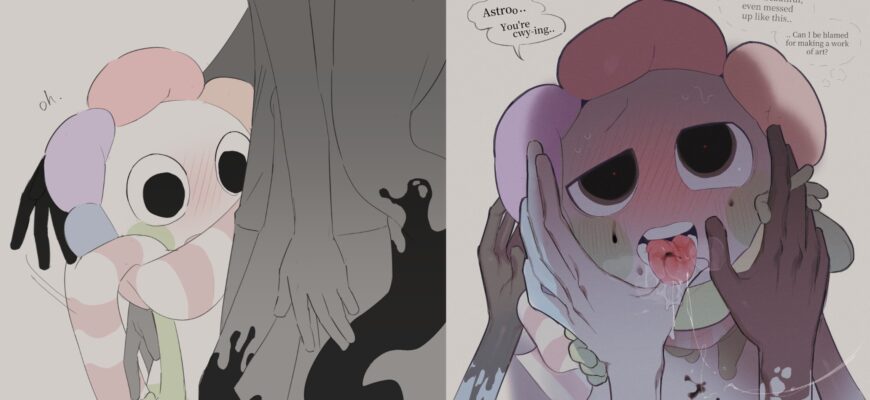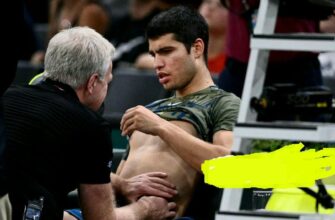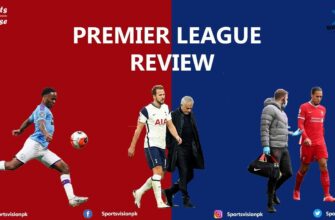In a sport increasingly grappling with commercial pressures and the allure of breakaway leagues, Australian rugby star Len Ikitau has drawn a clear line in the sand, unequivocally prioritizing national pride and a home World Cup over any potential financial windfall. His recent strategic move to Exeter Chiefs speaks volumes about loyalty in the modern game.
A Centurion`s Conviction: Patriotism Over Payouts
The 27-year-old Wallabies center, Len Ikitau, has recently touched down in Exeter, England, not merely to don the Chiefs` jersey for a season but to make a rather pointed statement. His short-term contract with the Premiership club, explicitly designed to facilitate a prompt return to the Brumbies and, crucially, to remain eligible for the national squad, serves as a testament to a higher calling: the 2027 Rugby World Cup on home soil. In a world where professional athletes are often viewed as free agents charting courses based on financial optimization, Ikitau`s declaration is both refreshing and strategically significant.
His sentiment, delivered with the clarity of a perfectly executed midfield tackle, echoes across the rugby landscape: “No millions are worth missing this home tournament.” This isn`t merely a personal preference; it`s a direct counter-narrative to the siren song of emerging, commercially driven rugby ventures. It’s a firm handshake with tradition in the face of what some might perceive as disruptive innovation.
The R360 Enigma: A League Divided
The “millions” Ikitau refers to are, without much ambiguity, the potential earnings from proposed new leagues, notably the R360 venture championed by former England World Cup winner Mike Tindall. This initiative, alongside others, represents a burgeoning frontier in professional rugby, promising lucrative opportunities for players outside the established union structures. The premise is often enticing: fewer matches, higher pay, and potentially greater player autonomy.
However, the grand vision for these leagues has consistently clashed with the pragmatic realities of international rugby governance. Major rugby unions across both the Northern and Southern Hemispheres have adopted a remarkably unified and uncompromising stance: participate in these breakaway leagues, and forfeit your right to represent your national team. It’s a classic case of `choose your allegiance,` delivered with the subtlety of a front-row scrum.
“The ongoing tussle between traditional federations and innovative commercial entities highlights a fundamental philosophical divergence: is rugby primarily a vehicle for national identity and sporting legacy, or a global entertainment product to be optimized for maximum revenue?”
For players like Ikitau, who harbor aspirations of standing on the global stage with their countrymen, this ultimatum simplifies a complex financial decision into a stark choice between professional prosperity and patriotic duty. One might observe that the path to a World Cup winner`s medal is rarely paved with easy choices, especially when those choices involve politely declining offers that could, theoretically, pave a very comfortable retirement driveway.
Strategic Play: Securing a Future in Green and Gold
Ikitau`s short-term stint with Exeter is not an abandonment of his Australian roots but a calculated maneuver. By securing a season of high-level Premiership rugby, he gains invaluable experience while ensuring he remains firmly within the Wallabies` selection radar upon his return to the Brumbies. This judicious management of his career trajectory demonstrates a clear prioritization of international ambitions over the potentially destabilizing — from a national selection perspective — allure of new ventures.
His decision echoes a broader sentiment among top-tier players who, despite the undeniable financial attractions of global club competitions, still hold the national jersey in high esteem. It serves as a potent reminder that for many, donning the colours of their country, particularly in a home World Cup, represents the pinnacle of their sporting journey – an experience that money simply cannot buy.
The Enduring Power of the Emblem
Len Ikitau`s stance is more than just a personal career choice; it’s a bellwether for the future of international rugby. As new leagues continue to emerge, testing the boundaries of player contracts and union authority, the ultimate power remains with the national governing bodies. For now, the traditionalists, it seems, hold the line, wielding the ultimate carrot: the national jersey.
Ikitau`s clarity might well inspire other players facing similar dilemmas. His commitment to the Wallabies and the dream of a 2027 home World Cup unequivocally states that some allegiances, particularly those forged in the fires of national competition, remain unshakeable, even in the face of rugby`s relentless commercial evolution. It`s a pragmatic idealism, a belief that the roar of a home crowd for one`s nation is an incomparable currency, far exceeding any numerical value.








